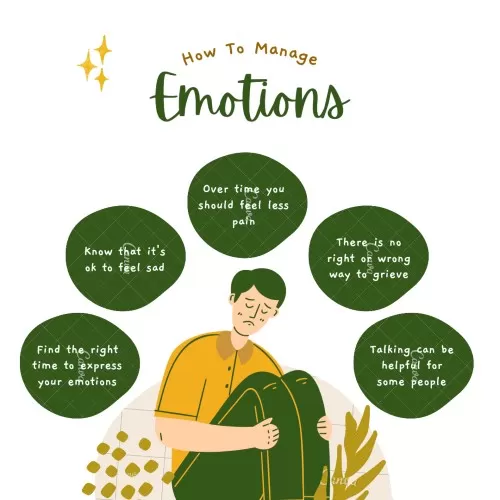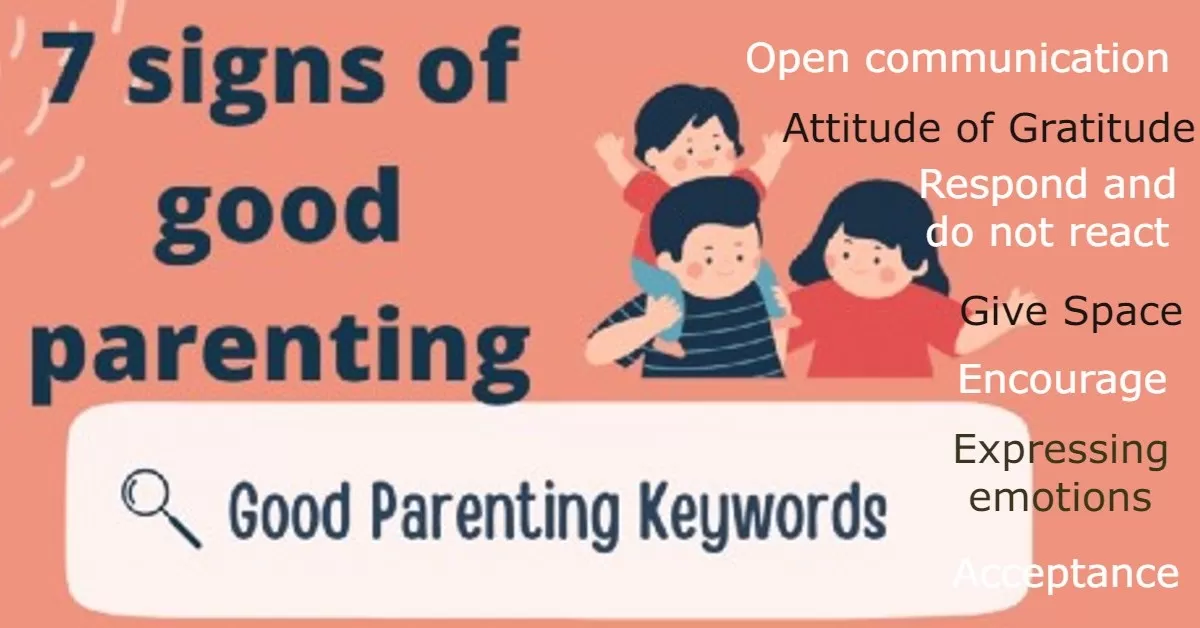This post contains affiliate links, which means I may be compensated when you purchase after clicking a link, with no added cost to you.
Parenting is a two-way process. It’s not that as you fall in the place, once the child is born, you preach what you know and believe. It is much more than that. Yes, your status upgrades, so does your responsibilities.
One who becomes a parent gets into a new phase of life that is never taught or learned. It can only be experienced. It is more like learning by doing.
The best thing about this phase is that everyone faces a different experience. An experience of learning, seeking, sharing, facing challenges, grabbing opportunities, and growing together. One’s journey is as incomparable as it is beautiful! The more you travel the more you create memories.
Check out some interesting tips on parenting
One common question, which arises in most of the parents is – Am I doing good enough to raise my child in the best possible way? And the answer is Yes, You are! And that’s where your journey should begin. Since your child is a part of you and your spouse, you are the only one who knows what is best for your child. Look out for your instincts.
But hey! Wait, stop, and think! Parents who do these 4 things have mentally strong kids.
Know these seven signs that let you know how good are you at parenting. These may not be the only criteria that keep you aligned but can help in guiding you through your journey!
Table of Contents
7 signs good parenting:
Open communication
Communication is the foremost thing that creates connections. Connections of emotional well-being, and mental strengthens. In turn, it creates self-esteem, confidence, potential abilities, social skills, and qualities. All these factors play an important role in raising a child. The more positive affirmation, the happier the child would be. A child is confident enough to handle the situation and be a critical thinker on his/her own.
Keep the communications open, clear, healthy, and transparent no matter what. Start from an early age. A language used in the right way passes the signal, the child attains the message and acts in response to it.
Many times I have seen parents believing that the child is not grown up enough to express his/her opinion. So, they do not bother to involve the child in discussions. They do it on their own, believing that they know it better and passing the message to the child is enough. The child may feel insensitive to express his/her opinion, likes, dislikes, knowledge. This is the first step in building the shape of emotional well-being. Be sensitive to it. The discussion may be small with the children. But let them know that they are also an important part of the matter.
Expressing emotions
Children are the basket of energies, and they do not like when controlled. They may be obnoxious, irritating, or disgusting at times, difficult to handle sometimes. But their willingness to express their emotions like anger, guilt, sadness, or fear in front of you is a good sign. They are not shy. That means that they feel emotionally safe with you.

Parents should worry when children hide their feeling from them. There is a lack of trust in you or something not inline with the relationship between you and your child. Support child’s mental health in best possible way. How?
Accept them as different personality
No doubt they are a different generation. And so are their personalities from our stereotypes. Their knowledge and skill of learning new things will no matter be same to that what we had been part of. Expecting them to follow and preach our learnings would be a mistake.
Their likes, dislikes, interests, hobbies, values, aim, goals, the mission will be different. Accept it! Accept what we can not be a part of. Remember, change is the only constant. It begins with us. Let them build their dreams. Do not decree!
“You can not raise your children the way your parents raised you. As your parents raised you for a world that no longer exists.”
Encourage their beliefs
Children are keen learners, and they grab things of their interests in any which way. They are enthusiasts almost about everything new they come across. It may be different from what they have taught and learned. In most cases, children’s beliefs are different from their parents. They fail to express the same in front of them believing that parents may not encourage it. In some cases, superstitious talks keep on passing generations. Let’s cut the chain by giving them the wings of their own thoughts.
Attitude of Gratitude
Having an attitude of gratitude begins with you. Develop the quality of being thankful, readiness to show appreciation, be kind. Acknowledge small things.

Make use of magic words: Thank you, Sorry, Excuse Me, Please! The words may sound common but these are wonderful words. The more you use them the easier it becomes to get the work done. And children observe and adapt as they see and hear. You can also ask child to create their gratitude tree.
Respond and do not react
These words are slightly different and hold the utmost effect on matters. One must respond to something rather than react. As said, “every action has an equal and opposite reaction!” So when one reacts to the antics of children, they react similarly, believing it to be the right way. Parents must always respond to the children’s tantrums, activities, or queries. Despite telling them right or wrong, let them know that you think differently. Or, there are other ways also to get the work done. Your perspective may differ from theirs.
If your child broke an expensive vase while mishandling it, respond by saying that (you did a wrong thing). Do not react immediately and label him/her as a (bad boy/girl).
Give them space
This becomes more critical as the child starts teen ageing. A teenage, of 9-14 years old, is a phase where there is are mental, physical, and hormonal changes in the body. It is a natural phenomenon that happens on its own but the sad thing is one does not come to know why and how does it happen.
He/she may think that it is happening with them only and fails to understand the reason behind it. They start acting in a different manner and in the fear of judgment they avoid the crowd. This is when they need a big space! Give them theirs and maintain yours. Let them go through this on their own and things will fall in place.
Even a smaller child wants to be on his own but our possessiveness doesn’t let that happen. They do not open up and soon start losing interest.
10 common principles of good parenting:
- What you do or say, matters to them. Be clear in your approaches. Give logics or reasons for doing so.
- Set rules and establish standards. Children should know their limits and boundaries.
- Appreciate their achievements and acknowledge their failures.
- Let them understand the difference between the two by recognizing their mistakes.
- Do not command. Get involved in their lives and let them take part in yours. Celebrate together.
- Do not bribe them. Do not say if you do this or that, then I will favour you. They will do only in greed.
- Let them make their own choices. Do not impel yours.
- Give respect and get respect. It is as simple as that. Let the sense of importance build in them from an early age.
- Do not label them as ‘good’ or ‘bad’. It nurtures their little minds.
- Avoid 4 Cs. Complaining, criticizing, comparing, or crying. Be grateful even to small things.
- Last and not least, love them unconditionally. This is one such thing which children can expect from their parents. If not them, then who?
Parenting can make you go crazy at times and can also surprise you. You wonder if you are raising your child in the right manner. It may also include scenarios when you doubt your parenting abilities. This is because you know that your parenting approach will have a direct bearing on your child. “Your parenting contributes a lot to the personality of your child.
The home environment, exposure to the world, your relationships with closed ones. All these factors matter a lot and contribute to the development of your child. Be consistent in your approaches and follow what you preach. Leave an enduring impact on them. Read more.




